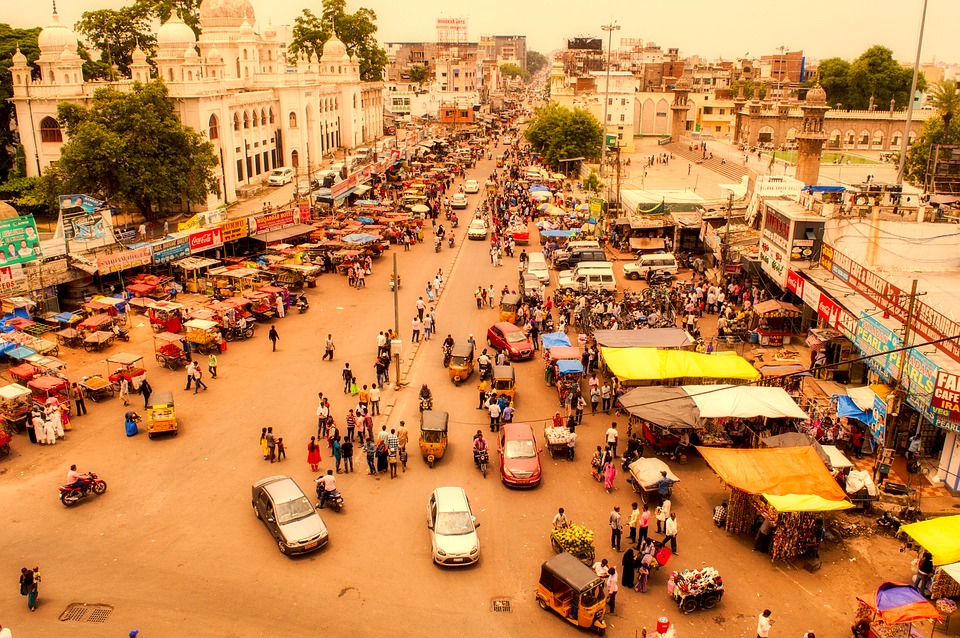The private sector of the economy is an important component in helping individuals climb out of poverty. In the last 40 years, we have seen dramatic examples of the power of the private sector. China’s recent emergence as a world economic power has helped lift millions of its citizens out of poverty. In order to see the next great reduction in world poverty, India, the second largest country in the world, needs to follow.
India’s poverty is overwhelming. It is estimated that one third of India’s population lives in poverty — nearly 400 million people. According to the World Bank, 300 million people do not have access to electricity. India’s literacy rates are around 75 percent for men and 50 percent for women. Although India’s poverty rate decreased in recent years, the total number in poverty increased due to high birth rates.
The development of the private sector is a necessary component in helping India’s poor out of poverty. The International Finance Corporation, a World Bank Group, estimates that the private sector is responsible for around 90 percent of employment in the developing world. The private sector also provides important goods and services to individuals and other businesses, generates tax revenue, and helps provide an efficient flow of capital — all of which are important to a strong economy.
India’s private sector can grow in two main ways: high-tech and manufacturing. India has already created a strong high-tech industry supplying many countries around the world with information technology services and other high-tech labor. On the other hand, India could likely build a strong manufacturing industry with its current half billion rural citizens. Both high-tech and manufacturing have their own pros and cons.
Continuing the growth of the high-tech industry is an appealing option for India. It has already attracted the business of corporations worldwide looking for cheaper computer programmers and other skilled labor. In the last 20 years the technology industry has grown from 1 to 8 percent of India’s GDP with aggregated revenues of $100 billion. Unfortunately, providing high-tech training to its citizens is expensive and difficult to implement in India’s rural regions.
Surprisingly, despite India’s primarily rural population, manufacturing has lagged behind many other sectors. India’s rural population, which is rife with poverty, is a good place to provide inexpensive labor and create jobs for potentially tens of millions of people. Late last year, India’s prime minister pushed for the creation of tens of millions of manufacturing jobs. If India succeeds, it will need to prepare for the growing pains of urbanization, including potential environmental repercussions.
Although strengthening the private sector is important, it cannot be done without other improvements. India needs to focus on creating a stronger infrastructure and better education opportunities. Ensuring that basic needs are met such as access to water, medicine, electricity and support for the food supply chain are also imperative. If these improvements are completed alongside job creation, India will likely be able to make significant headway in the battle against poverty.
What is the best way to strengthen India’s private sector? Should it encourage high-tech, manufacturing or both? Perhaps the best road for India would be to continue growing both sectors. Strengthening the high-tech industry will encourage education and innovation while manufacturing will provide employment for the rural poor. Regardless of the implementation, one thing is certain: the private sector is the key to reducing India’s poverty, and consequently, the world’s.
John Hoffmire is director of the Impact Bond Fund at Saïd Business School at Oxford University and directs the Center on Business and Poverty at the Wisconsin School of Business at UW-Madison. He runs Progress Through Business, a nonprofit group promoting economic development.
Richard Payne, Hoffmire’s colleague at Progress Through Business, did the research for this article.
Why The Private Sector Is So Important: Act Now





